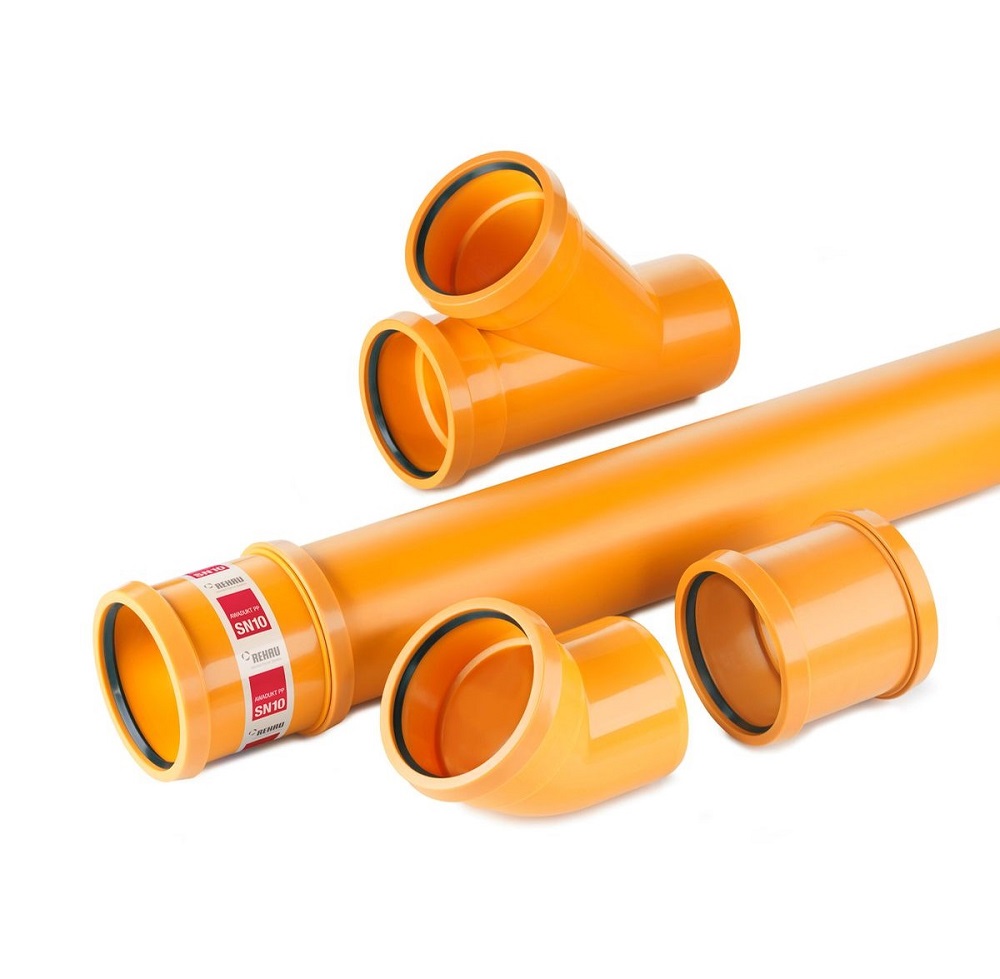UK construction confidence rises but materials and labour shortages pose long term threats

Professional worker using pan knife for building brick walls with cement and mortar
Steve Plaskitt, Partner at MHA, believes that despite output rising, the sector faces multiple challenges with persistent materials and labour shortages, high inflation and a lack of government stimulus posing long term threats to the commercial and residential property sectors.
The UK construction output increased in November, however shortages of labour and raw materials will continue to hamstring the UK’s construction sector. The impact of distribution issues to and from UK ports and the lack of availability of staff with middle range technical and manual skills are weakening output, with labour shortages becoming so problematic that firms are resorting to poaching staff from competitors to fill employee gaps.
Supply shortages have directly resulted in worrying price inflation, which will inevitably drive up sales prices. While this could be temporary, its unlikely inflation will turn negative in 2022, meaning the best firms should hope for is a stabilisation of prices as we enter the New Year.
Residing frustration from a weak autumn budget and the damaging cancellation of HS2 in Yorkshire and Humberside may have lowered sector confidence compared to previous quarters. On the former, the Chancellor failed to excite or provide meaningful incentives to support the industry’s green transition or to help alleviate the burden caused by ongoing shortages. While on the latter, the scaled-back HS2 network will drastically reduce the creation of new houses, towns, and railways connecting people across the country, further dampening the outlook of the construction industry moving forward.
While confidence in the housing market remains high, the end of the stamp duty holidays has led to a 30% drop in sales in October 2021 when compared to the same period last year, and house prices may start to level off in 2022. Increased cost of living and energy prices as well as shortages of building materials and low availability of builders will also sway homeowners to buy energy-efficient homes rather than pursue renovation projects, leading to an imbalanced demand in the sector.
However, incentives following COP26 provide some good news for the construction industry. For instance, the £27.5m Urban Climate Action Programme (UCAP), which supports overseas cities targeting net-zero emissions, should help British construction companies exporting their design expertise abroad to increase export sales. In addition, the Local Net Zero Programme of £22m will bring further support to UK councils aiming to reduce local carbon emissions. However, these are only minor rays of light which stop short of addressing the wider and bigger challenges facing the industry today.




















